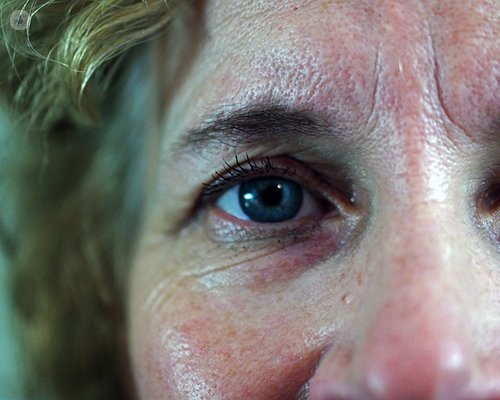What is lupus and what causes it?
Written by:Lupus is an autoimmune disease which is estimated to affect around 50,000 people in the UK. Renowned consultant in rheumatology and general internal medicine Dr Shahir Hamdulay explains more about the condition, including causes, symptoms and treatment options.
What is Lupus?
Lupus is an autoimmune condition which affects different parts of the body. The condition is not understood well, but it is caused when the immune system starts to attack healthy cells, tissue, and organs. Lupus at present has no cure.

The causes of lupus
There are several types of illness which are caused because of an immune system that does not work as it should, such as rheumatism and arthritis. In these diseases, there is a genetic link, so it is thought that the same connection exists with lupus, but it is not certain.
Viruses, UV light, certain medications, and the menopause are other factors that may contribute in some way to the development of lupus. Lupus is also more prevalent in those of African, Caribbean, or Asian origin.
In patients who have lupus, the immune system causes inflammation in the body by creating a larger amount of antibodies than is necessary, and spreading them through the bloodstream. This is why lupus can occur in any part of the body.
Lupus and its symptoms
Lupus can appear exclusively on the skin, or it can also affect various bodily organs or systems, such as the joints, the lungs, kidneys, or heart. Some common symptoms include facial rashes, or rashes on other parts of the body (like the hands and wrists), extreme tiredness, or joint pain and swelling. These symptoms may not be constant, and can flare up at any time.
Read more about the signs of lupus
Diagnosing lupus
Lupus is difficult to diagnose, as symptoms vary wildly from patient to patient. If a patient displays symptoms synonymous with lupus, a doctor will order blood tests and talk to them in depth about the symptoms they are experiencing.
If lupus is suspected, the patient will likely be sent to a rheumatologist or specialist, who often deal with autoimmune diseases and inflammatory conditions.
If lupus is diagnosed through tests (often a number of them) and careful analysis of the symptoms, the patient is regularly monitored, so the doctor can see how lupus affects their body as time goes by. As lupus can affect the internal organs, tests to see if they have been affected may be carried out, such as an X-ray or a CT scan.
Treatment of lupus
While there is no cure for lupus, doctors can help ease symptoms and allow the patient to live as normally as possible. Changes to lifestyle are made, and medication is available to help patients with their symptoms.
Some factors to consider in the treatment of lupus:
- Sun protection: rashes can be made worse through exposure to sunlight, though not all people with lupus have a sun sensitivity. Hats, sunglasses, and keeping skin covered where possible is recommended, along with sun cream application. Take care to make sure vitamin D levels do not drop as a result, and cause further complications such as osteoporosis. Certain diets can provide a good source of vitamin D.
- Drugs which reduce inflammation in the body: drugs which reduce inflammation in the body can help people who have mild muscle or joint pain. Common anti-inflammatories can be bought over the counter.
- Taking different types of medication: there are several different kinds, and these should be prescribed by the doctor.
The future of lupus
Research is being carried out to find the causes of lupus and if there is indeed a genetic link. As more becomes known about medication and how it can be used, doctors can tailor prescriptions to the patient’s needs, and create more successful treatment plans.
While there is not much known about the true causes of lupus nowadays, it is highly likely that in the future we will understand it more, and learn new ways to treat it.


